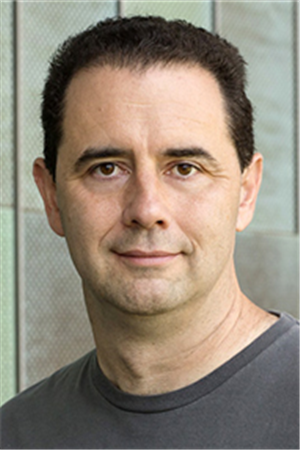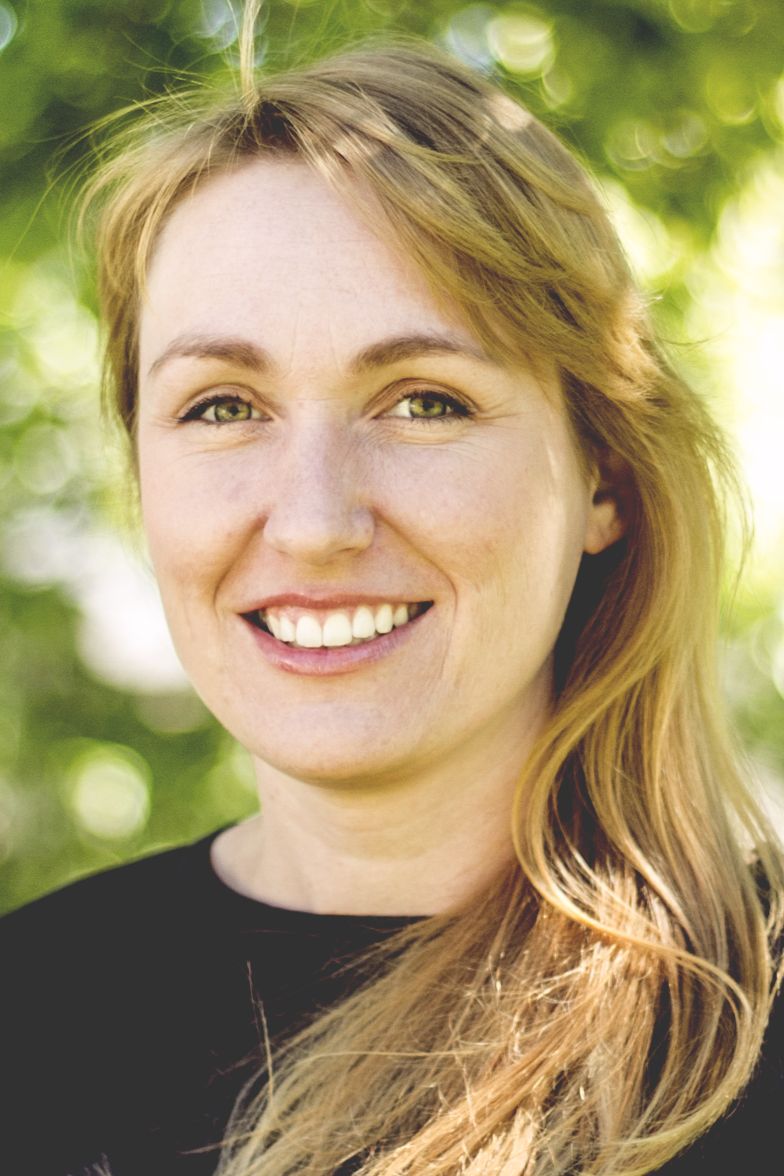Plenary talks that has been confirmed:
| Prof. Steven M. LaValle University of Oulu & University of Illinois |  |
| Title: Robot Planning and the Path to Minimalism | |
| Abstract: This talk will survey work from my research group over the past three decades, while emphasizing a spectrum that ranges from robots with complete, perfect models to robots with little or no memory or computational abilities. At one extreme, strong geometric information is sensed and encoded, leading to problems such as classical motion planning. This part of the talk covers rapidly exploring random trees (RRTs), including a recent enhancement called bang-bang RRTs. Then the talk progresses toward an egocentric or situated view of robot development that takes into account its space of possible environments and specific tasks. How much does a robot need to sense and remember to successfully interact with its environment? This question is fundamental to robotics and distinguishes it from other fields such as computer science or control theory. If machine learning is the goal, then the question becomes what are the minimal, ideal models that could possibly be learned? Thus, emphasis in this part is placed on determining the minimal amount of information necessary to solve tasks, thereby giving the robot the smallest possible 'brain’. On the path to minimalism, weak geometric information is considered in the form of combinatorial or relational sensing and filtering. Eventually, topological and set-based models are considered at the minimalist extreme. | |
| Biography note: Steven M. LaValle is Professor of Computer Science and Engineering, in Particular Robotics and Virtual Reality, at the University of Oulu since 2018. Since 2001, he has also been a professor in the Department of Computer Science at the University of Illinois. He has previously held positions at Stanford University and Iowa State University. His research interests include robotics, virtual and augmented reality, sensing, planning algorithms, computational geometry, and control theory. In research, he is mostly known for his introduction of the Rapidly exploring Random Tree (RRT) algorithm, which is widely used in robotics and other engineering fields. In industry, he was an early founder and chief scientist of Oculus VR, acquired by Facebook in 2014, where he developed patented tracking technology for consumer virtual reality and led a team of perceptual psychologists to provide principled approaches to virtual reality system calibration, health and safety, and the design of comfortable user experiences. From 2016 to 2017 he was Vice President and Chief Scientist of VR/AR/MR at Huawei Technologies, Ltd. He has authored the books Planning Algorithms, Sensing and Filtering, and Virtual Reality. He currently leads an Advanced Grant project from the European Research Council on the Foundations of Perception Engineering. | |
| Prof. Jana Tumova KTH Royal Institute of Technology, Sweden |  |
| Title: Formal methods for risk-aware motion planning | |
| Abstract: Formal methods have recently gained popularity in answering a twofold question: How can we ensure that autonomous robots work as expected and how can we even specify what it means to work as expected? Namely, temporal logics provide rich, rigorous, yet user-friendly specification formalism and formal synthesis offers a way to automatically generate a plan or a controller that provably satisfies the specification — that is if such a plan or controller exists. In real world, the ubiquitous uncertainty poses an enormous challenge for formal methods-based planning techniques. Due to unmodeled dynamics, noisy sensor measurements, presence of people, etc., a provably correct plan or controller often does not exist at all; or it yields overly conservative behaviour, trading provable correctness for efficiency. In this talk, we will discuss risk-aware formal-methods based planning to tackle this challenge particularly when state estimates are not perfect. We will discuss means to measure risk that reflect the probability and the severity of violating the desired specification and show planning algorithms aiming to bound or minimize this risk. | |
| Biography note: Jana Tumova is an associate professor at the School of Electrical Engineering and Computer Science at KTH Royal Institute of Technology. She received PhD in computer science from Masaryk University and was awarded ACCESS postdoctoral fellowship at KTH in 2013. She was also a visiting researcher at MIT, Boston University, and Singapore-MIT Alliance for Research and Technology. Her research interests include formal methods applied in decision making, motion planning, and control of autonomous systems. Among others, she is a recipient of a Swedish Research Council Starting Grant, a WASP Expeditions and WASP NEST projects focusing on design of correct-by-design and socially acceptable autonomous systems, or an Early Career Spotlight award at Robotics: Science and Systems 2021. | |
| Prof. Pascal Morin Sorbonne Université, CNRS, France |  |
| Title: Hybrid methods for the modeling of complex nonlinear dynamics | |
| Abstract: Dynamical models of robotic systems are often nonlinear. In many cases, these systems can be modeled as articulated rigid bodies with a very good degree of accuracy and an analytical model can be derived. In some situations, however, complex dynamical effects can occur, e.g., coming from flexibilities, interactions with fluid, etc.. In such cases, deriving an accurate analytical model can be quite challenging. In recent years, some results on these problems have been obtained through “hybrid modeling methods”, which try to combine models coming from analytical mechanics with learning approaches. This talk will review some recent results in this direction, and discuss associated challenges in the field of robotics. | |
| Biography note: Pascal Morin received the Maîtrise degree from Université Paris-Dauphine in 1990, and the Diplôme d’Ingénieur and PhD from Ecole des Mines de Paris in 1992 and 1996 respectively. He spent one year as a post-doctoral fellow in the Control and Dynamical Systems Department at the California Institute of Technology. He was Chargé de Recherche at INRIA, France, from 1997 to 2011. From 2011 to 2016 he was in charge of the “Chaire RTE-UPMC Mini-drones autonomes” at ISIR, a Laboratory of Université Pierre et Marie Curie (UPMC) and CNRS. He is now full Professor at Sorbonne Université. His research interests include stabilization and estimation problems for nonlinear systems, and applications to mechanical systems such as nonholonomic vehicles or UAVs. | |
